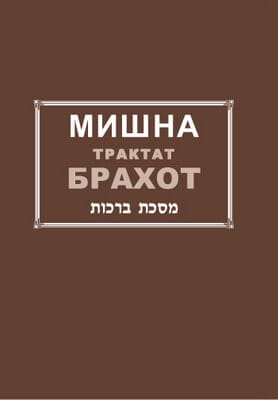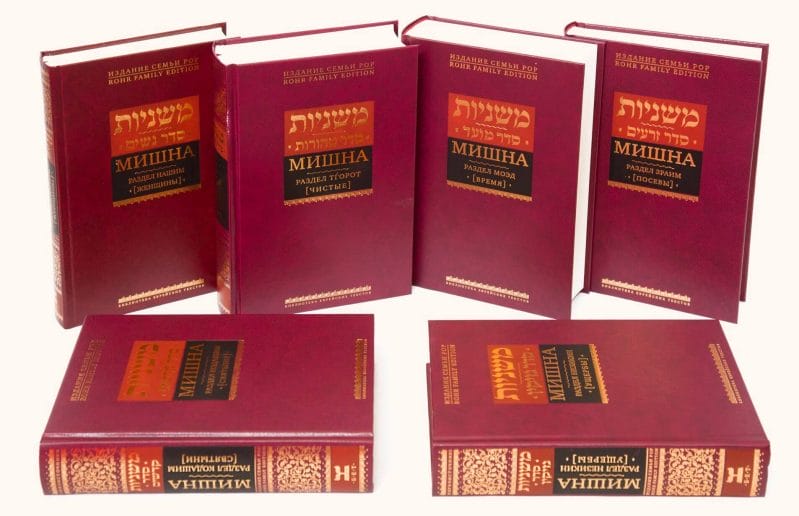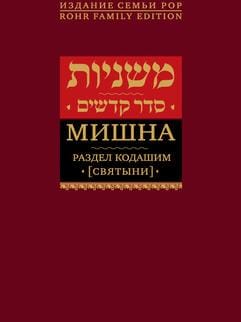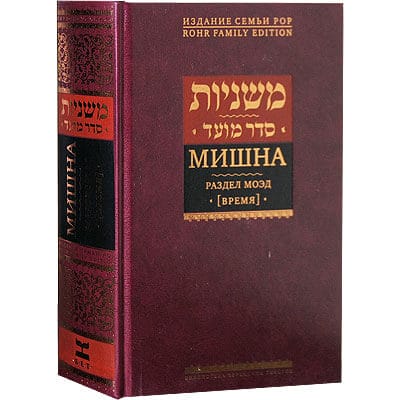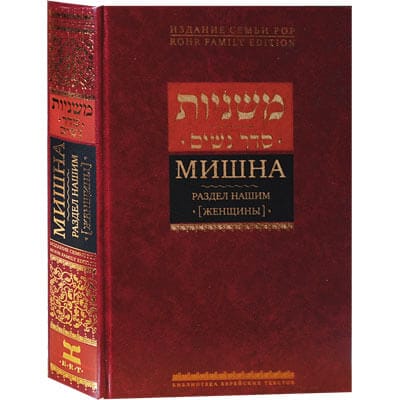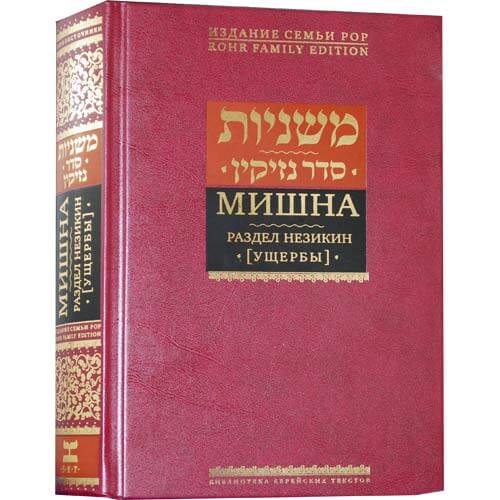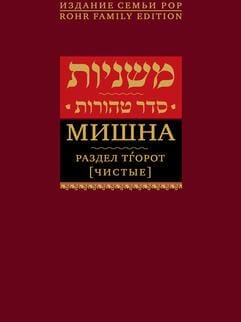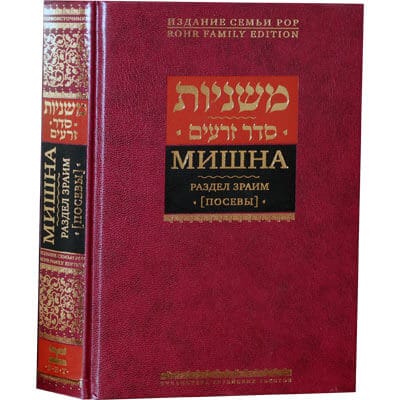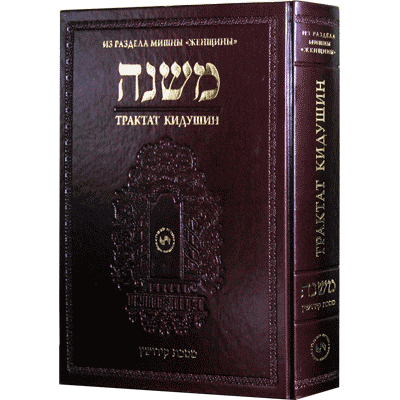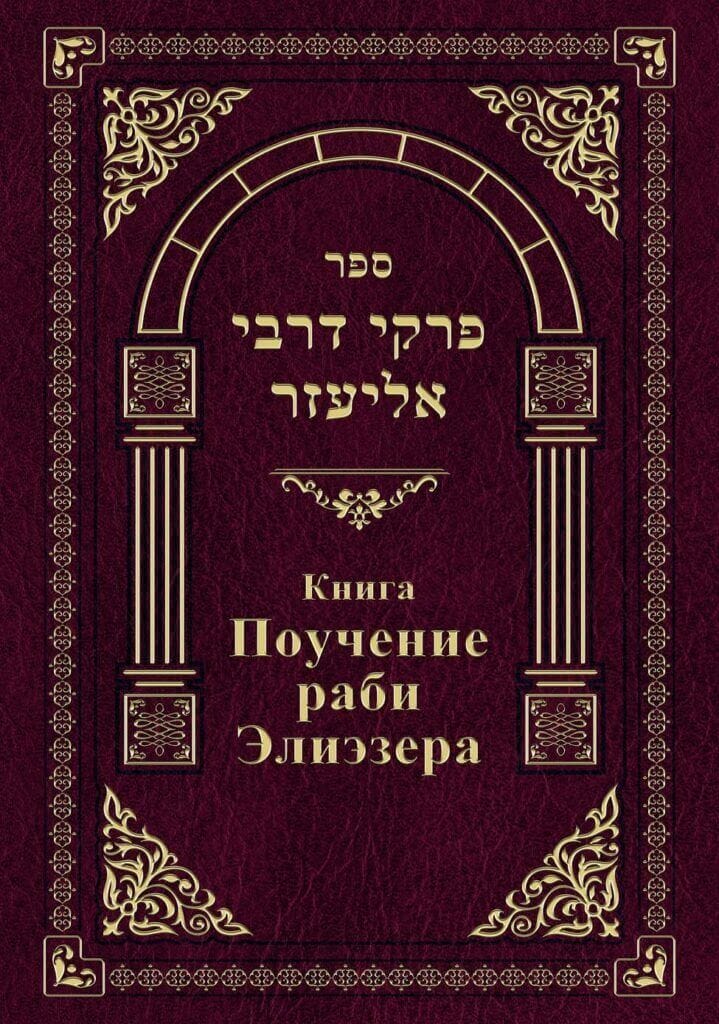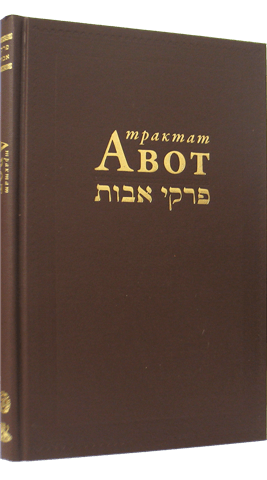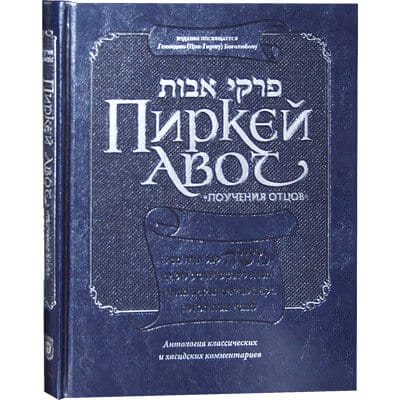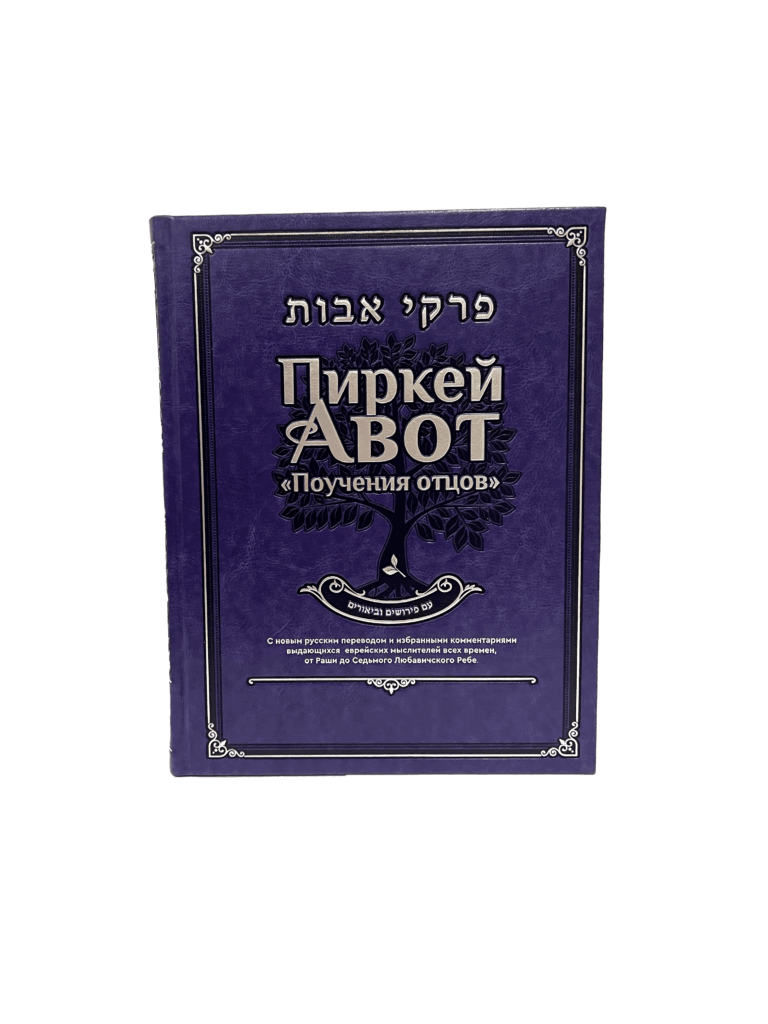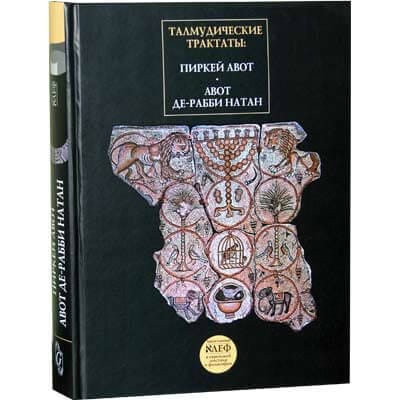Avot de-Rabbi Nathan, usually printed together with the minor tractates of the Talmud, is a Jewish aggadic work probably compiled in the geonic era (c.700–900 CE). Although Avot de-Rabbi Nathan is the first and longest of the “minor tractates”, it probably does not belong in that collection chronologically, having more the character of a late midrash. In the form now extant it contains a mixture of Mishnah and Midrash, and may be technically designated as a homiletical exposition of the Mishnaic tractate Pirkei Avot, having for its foundation an older recension (version) of that tractate. It may be considered as a kind of “tosefta” or “gemarah” to the Mishna Avot, which does not possess a traditional gemarah. Avot de-Rabbi Nathan contains many sentences, proverbs, and incidents that are not found anywhere else in the early rabbinical literature. Other rabbinical sayings appear in a more informal style than what is found in the canonical Mishna Avot redacted by Judah I.

